The music industry’s old guard is scared — and they should be. AI platforms like Suno and Udio are disrupting a model that has controlled music creation and distribution for over a century. Now, major record labels are suing these platforms, alleging that their models were trained on copyrighted material. But as a songwriter using these tools to generate original lyrics and music, I believe these lawsuits are premature, opportunistic, and ultimately harmful to the future of independent creativity.
Lyrics Aren’t the Issue — and They Shouldn’t Get a Cut of Mine
Let’s get one thing straight: while AI tools like Suno and Udio can generate lyrics, many users — myself included — write our own. These platforms allow for full lyric input, meaning the final product is often a collaboration between human craft and machine arrangement. In genres like country music, lyrics aren’t just filler — they’re the core. Country is about storytelling, emotional truth, and poetic grit. It’s 70% words and 30% music. When I write the lyrics for a country tune, I’ve done all of the heavy lifting.
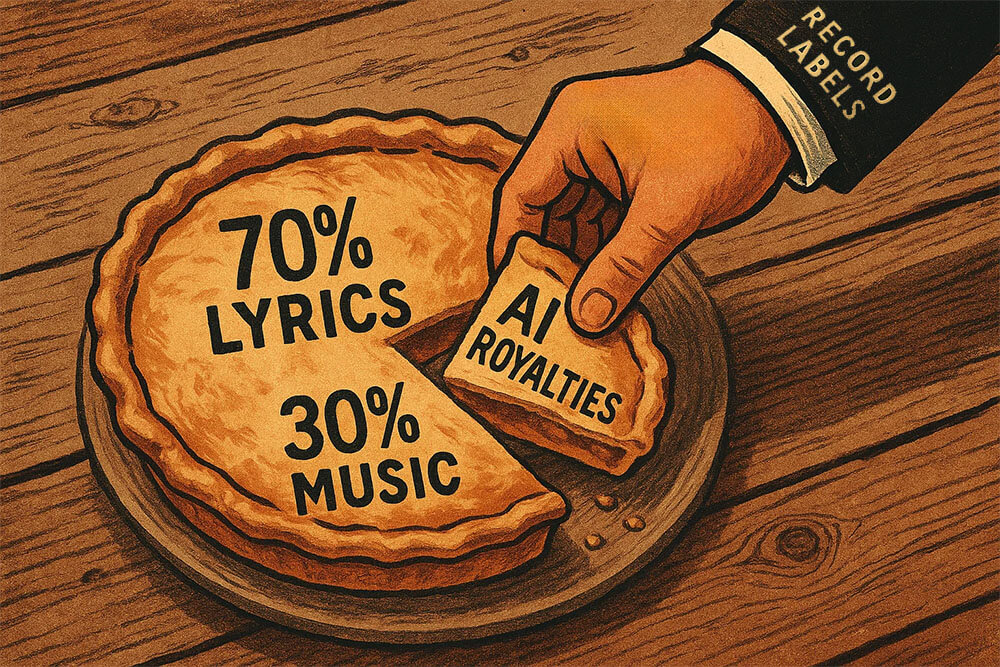
That’s why it’s offensive to suggest that major labels — or the artists in their catalog — deserve a cut of my songs just because I used an AI tool trained on their genre. They didn’t write the words. They didn’t shape the story. I baked this pie, and I’m not handing over a slice to someone just because they once baked something similar.
Current AI Music is Random — But That’s Changing
Right now, AI-generated music is largely a black box: users input a prompt and get a semi-randomized track within certain stylistic boundaries. This process lacks the precision of human composition — there’s no direct control over chord progressions, scales, key modulations, or instrumentation. Yet. But that’s changing fast.
As tools evolve, AI platforms will inevitably allow creators to define musical elements directly. Once that happens, intentional composition will replace randomized generation — and the claim that AI is simply mimicking copyrighted material becomes much weaker.
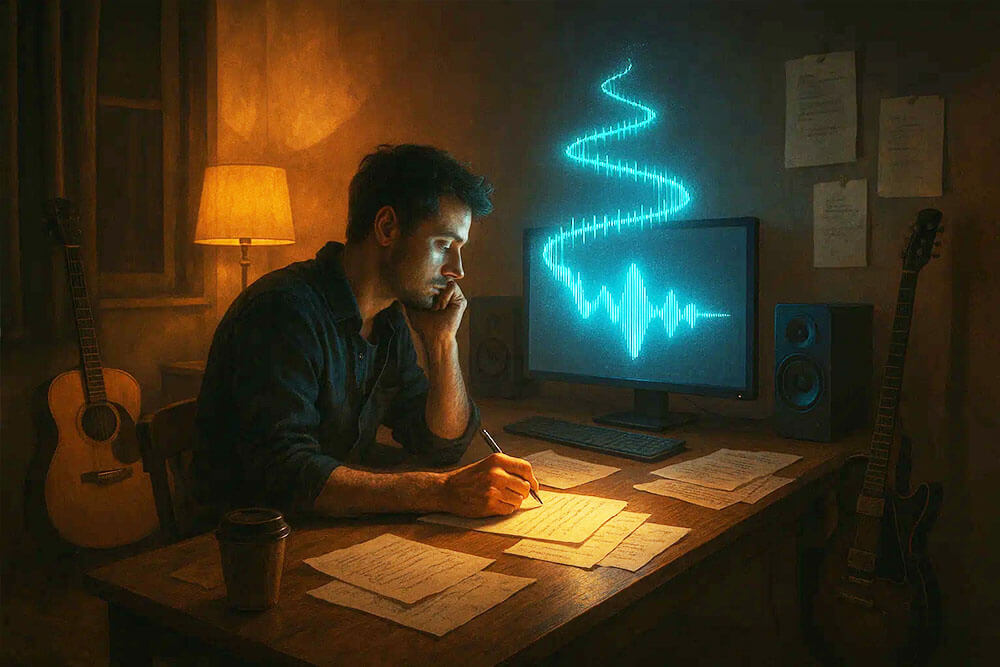
That’s why it’s critical for AI music companies like Suno and Udio not to capitulate prematurely. The technology is still in its formative stages, and conceding rights or royalties now — before creators have full compositional control — would be a strategic blunder. These platforms must stand firm, defend their right to innovate, and avoid granting the legacy music industry preemptive ownership over a future they did not build and cannot control.
Training ≠ Stealing: the Fallacy Behind the Lawsuit
The core legal argument against Suno and Udio is that they trained on copyrighted songs. But learning from art is not the same as reproducing it. Every musician alive has studied the work of those who came before. AI is doing the same thing — it’s pattern recognition, not piracy. And just like a jazz musician can learn phrasing from Miles Davis without infringing copyright, so too can an AI learn chord structures or instrument layering without copying exact compositions.
Don’t Let the Music Industry Claim AI Before It’s Even Fully Born
These tools are in their infancy. The songs they generate are shaped as much by randomness as by training data. To demand royalties on every AI-generated song — especially when the user writes the lyrics and curates the prompts — is to impose a tax on a creative process that hasn’t even fully matured. The labels are trying to secure a cut of future music they didn’t help write, produce, or inspire. It’s like Edison suing anyone who built a lightbulb after him.
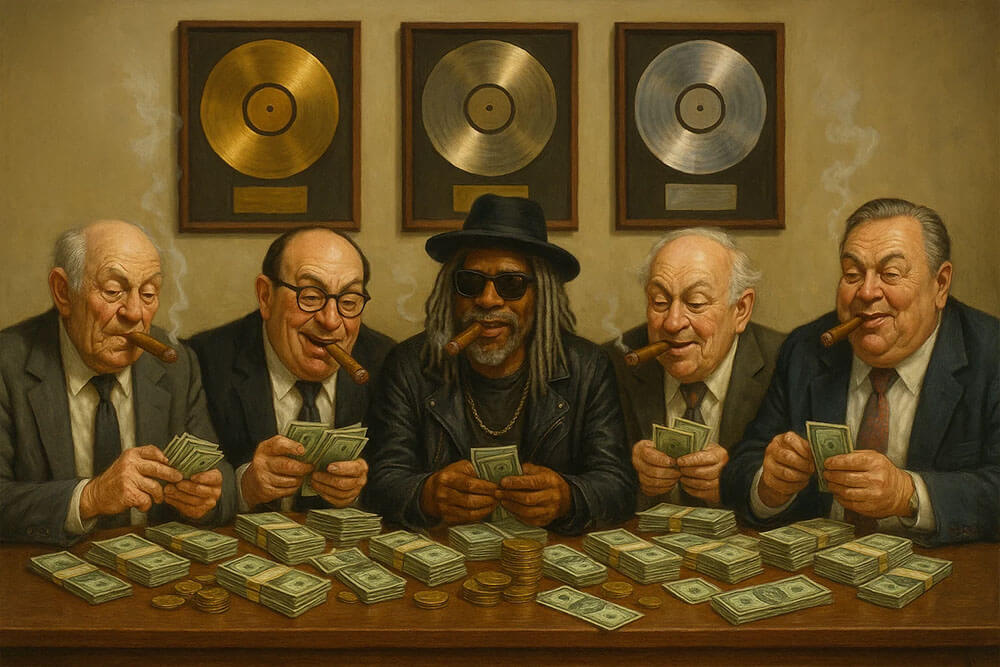
The Real Threat: Empowered Songwriters Without Gatekeepers
What scares the labels most is that AI tools are putting power into the hands of independent songwriters. For the first time, someone with no access to a studio, session players, or Nashville connections can create a song that sounds radio-ready. That levels the playing field — and the industry doesn’t like level playing fields. These lawsuits are less about protecting artists and more about preserving a legacy business model built on exclusivity, gatekeeping, and profit-sharing.
Inspiration Isn’t Theft — It’s How Music Works
The lawsuits against Suno and Udio set a dangerous precedent — one that ignores how art has always evolved. The human brain is itself a learning system. Once you’ve heard Clair de Lune, Fanfare for the Common Man, Rock Around the Clock, or Hendrix wailing on a Stratocaster, those sounds are etched into your musical DNA. You can’t unhear them. They become part of your musical palette. That’s not plagiarism — it’s tradition.
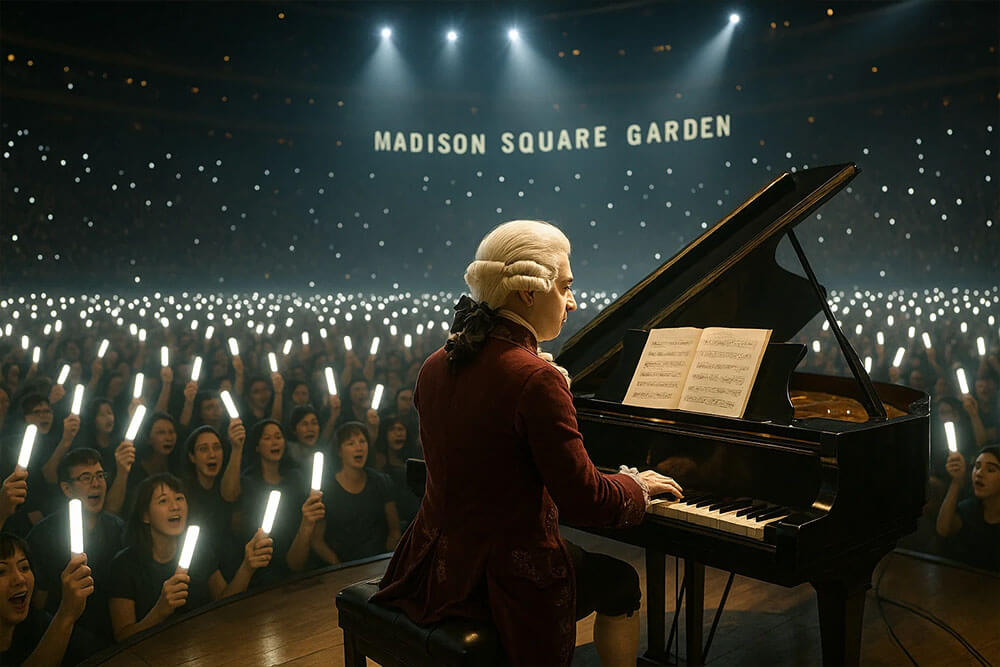
Take The Police, for example. Their sound was a revolutionary fusion of punk rock and reggae — a blend that created something entirely new. At the time, some reggae purists balked, but legends like Bob Marley reportedly respected what they were doing. Imagine if there had been “commissars of genre purity” back then — the band might’ve been sued into silence for daring to synthesize styles. Instead, they launched one of the most original sounds of the era and helped catapult Sting into one of the most prolific careers in music history. That’s how art grows: through influence, fusion, and evolution — not isolation and litigation.
We’ve always stood on the shoulders of giants. Every genre, every innovation, every new sound is born from what came before. AI models are doing what every composer, songwriter, and producer has done for centuries: learning from the past to make something new. We already have copyright laws to deal with outright plagiarism. What the record labels want is something else — a permanent toll booth on creativity. And that’s not about protecting art. It’s about greed.
“No man is an island, entire of itself; every man is a piece of the continent, a part of the main.”
— John Donne, Meditation XVII (1624)
The same is true of art. No song is born in a vacuum. Music is a shared language built over generations — a long conversation between artists across time and culture. To pretend that purity is the goal, or that influence is theft, is not only historically illiterate — it’s creatively suicidal. Art thrives through connection, not isolation. The moment you sever music from its heritage, you stop its evolution. Some artists like Timbaland have already seen the potenial and are signing deals wih Suno.
Conclusion: Let Creators Create
If we allow labels to strongarm AI platforms at this early stage, we risk stunting a creative revolution. Platforms like Suno and Udio are empowering a new class of songwriters — people with ideas, not industry connections. The music industry can either evolve to support this shift or cling to its monopolies and litigate itself into irrelevance. But creators like me? We’re not going back.
And as if on cue, Forbes recently reported that major labels are already pushing for licensing deals with Suno and Udio — not out of generosity, but to gain early leverage over a technology that threatens their control. This only reinforces the point: they want to preemptively tax a creative process that hasn’t even matured yet. If we hand over the keys now, we may never get them back. The future of AI music should be shaped by creators, not colonized by corporations.
—Wolfshead
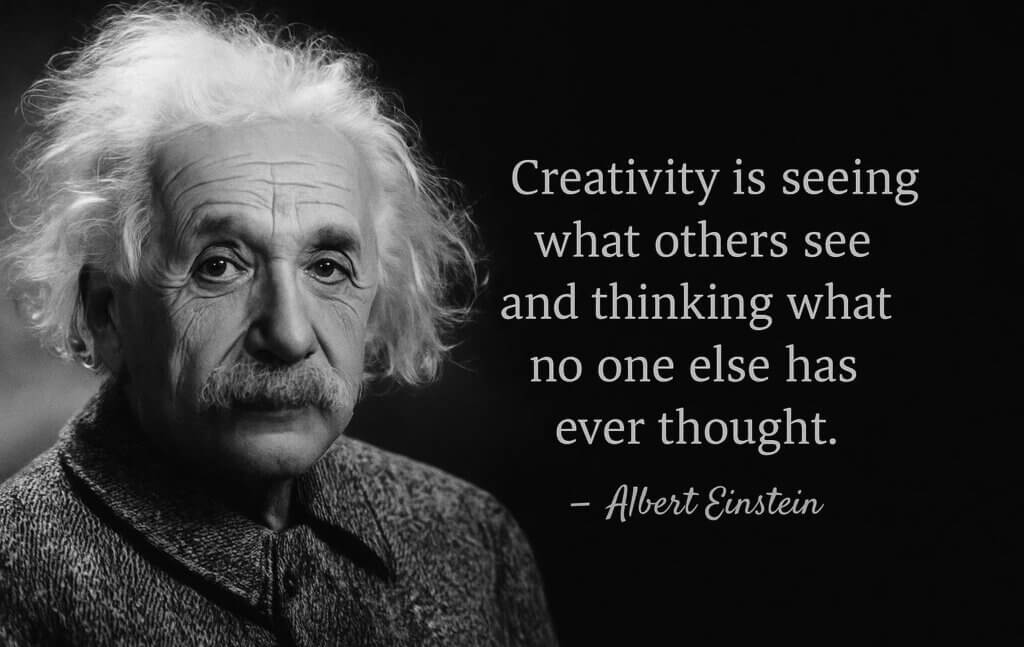

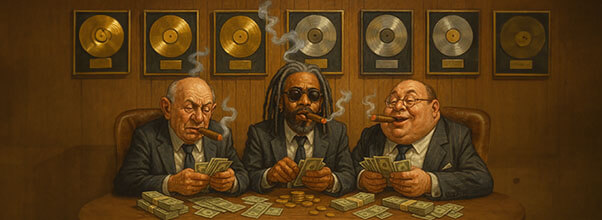



Yeah, they can’t allow music to be created outside the monetization system they created. They might even become superfluous.
No money will be held back to win this fight, I am afraid they will get “their” share in the end, unfortunately.